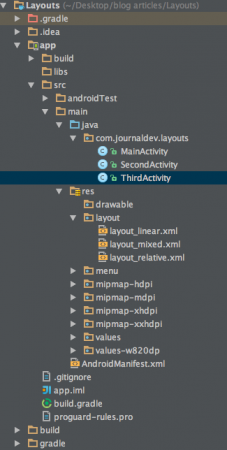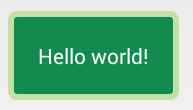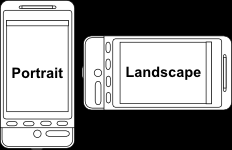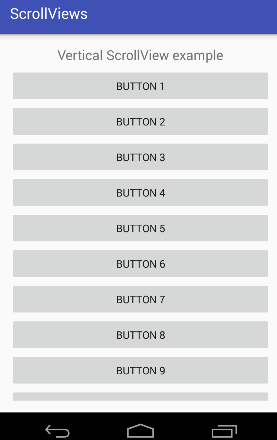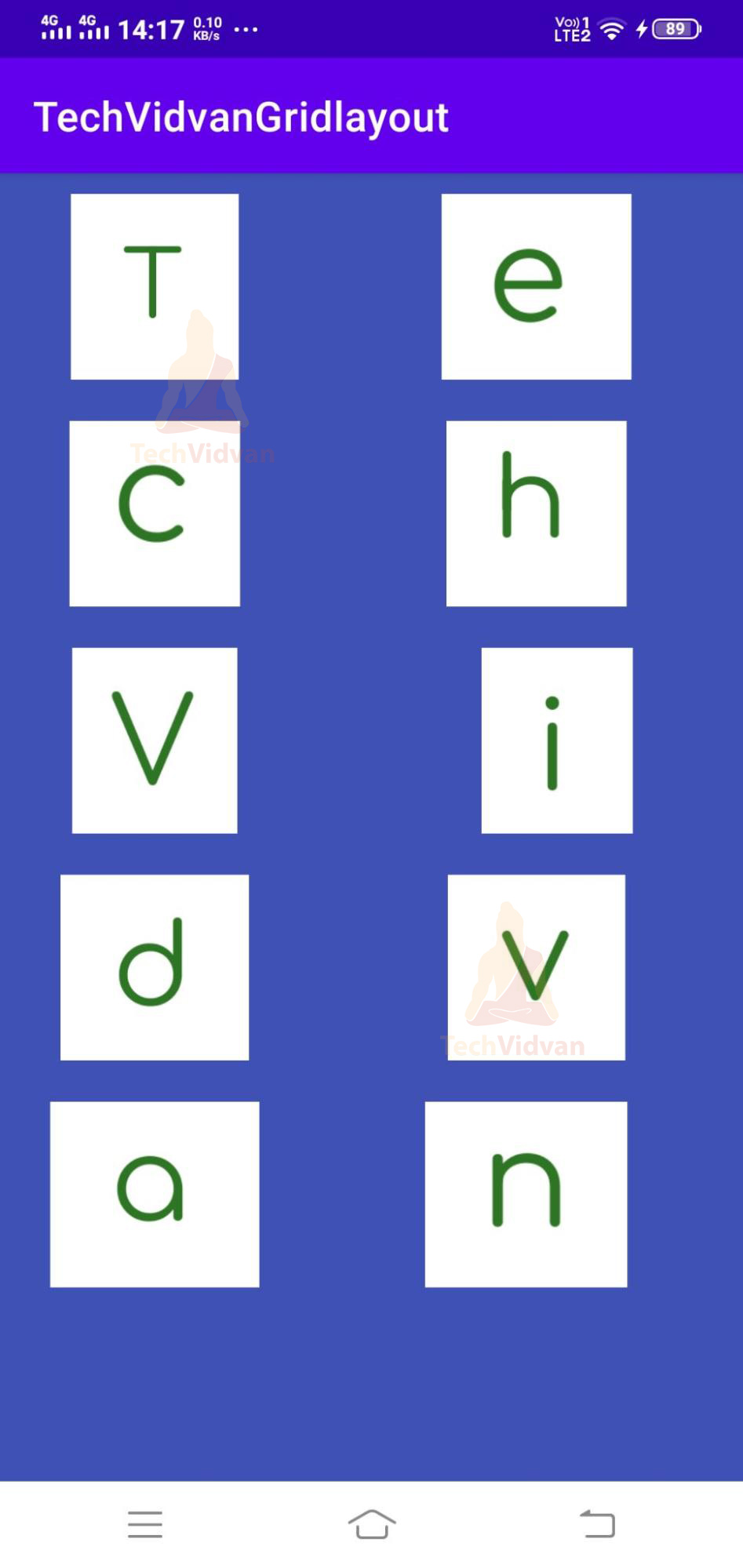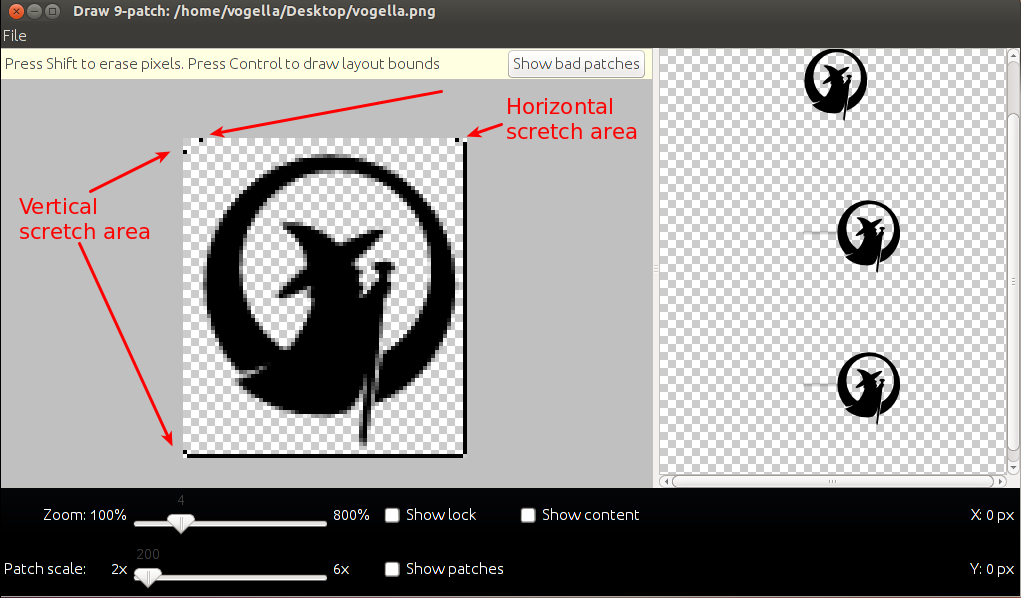解决方案 1:LinearLayout
<LinearLayout
android:layout_width="match_parent"
android:layout_height="wrap_content"
android:orientation="horizontal">
<Button
android:text="Left"
android:layout_width="wrap_content"
android:layout_height="wrap_content"/>
<Space
android:layout_width="0dp"
android:layout_weight="1"
android:layout_height="match_parent" />
<Button
android:text="Right"
android:layout_width="wrap_content"
android:layout_height="wrap_content"/>
</LinearLayout>解决方案 2:RelativeLayout
<RelativeLayout
android:layout_width="match_parent"
android:layout_height="wrap_content"
>
<Button
android:text="Left"
android:layout_width="wrap_content"
android:layout_height="wrap_content"
android:layout_alignParentLeft="true"/>
<Button
android:text="Right"
android:layout_width="wrap_content"
android:layout_height="wrap_content"
android:layout_alignParentRight="true"/>
</RelativeLayout>解决方案 3:约束布局ConstraintLayout
<androidx.constraintlayout.widget.ConstraintLayout
android:layout_width="match_parent"
android:layout_height="wrap_content">
<Button
android:text="Left"
android:layout_width="wrap_content"
android:layout_height="wrap_content"
app:layout_constraintTop_toTopOf="parent"
app:layout_constraintStart_toStartOf="parent"/>
<Button
android:text="Right"
android:layout_width="wrap_content"
android:layout_height="wrap_content"
app:layout_constraintEnd_toEndOf="parent"
app:layout_constraintTop_toTopOf="parent"/>
</androidx.constraintlayout.widget.ConstraintLayout>